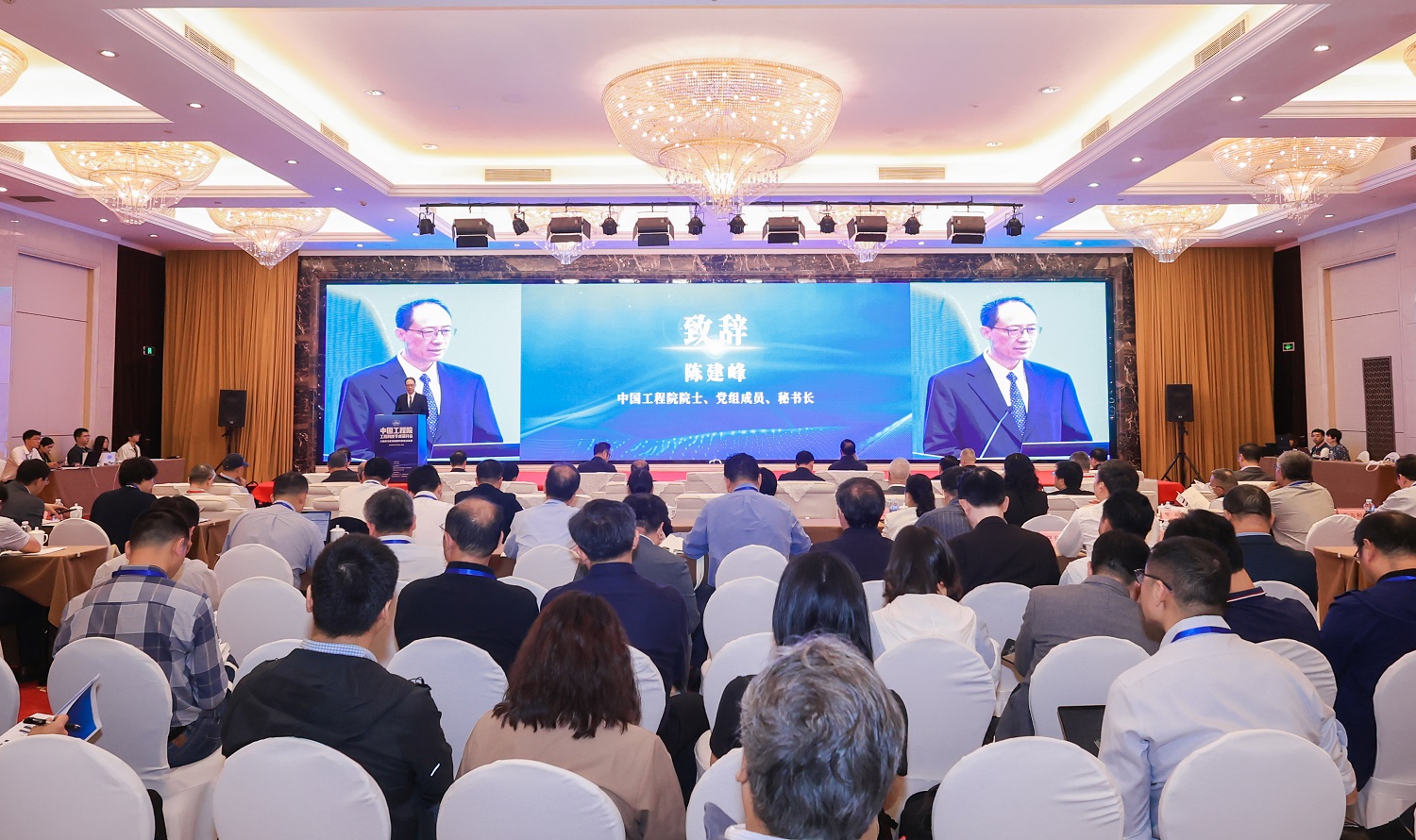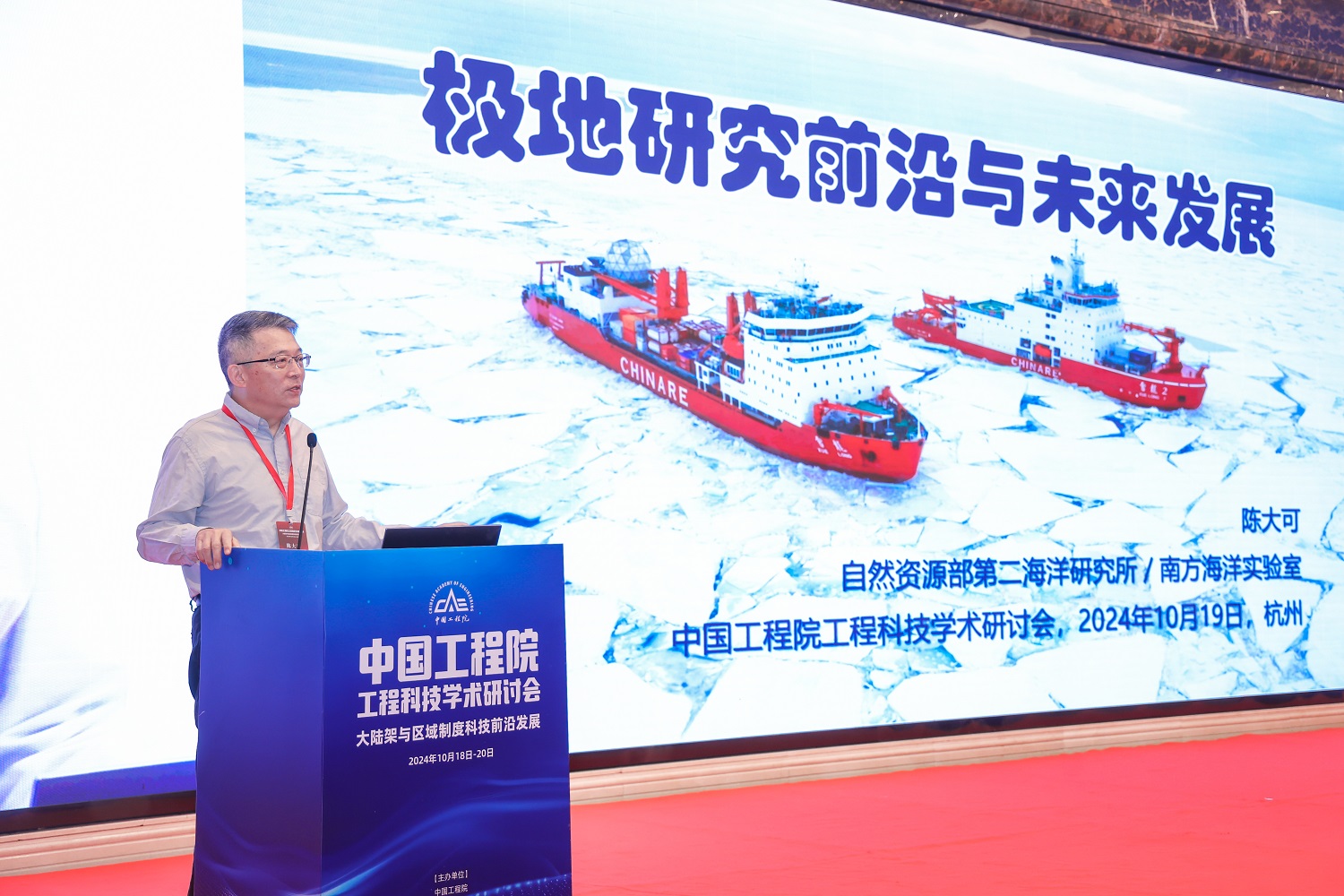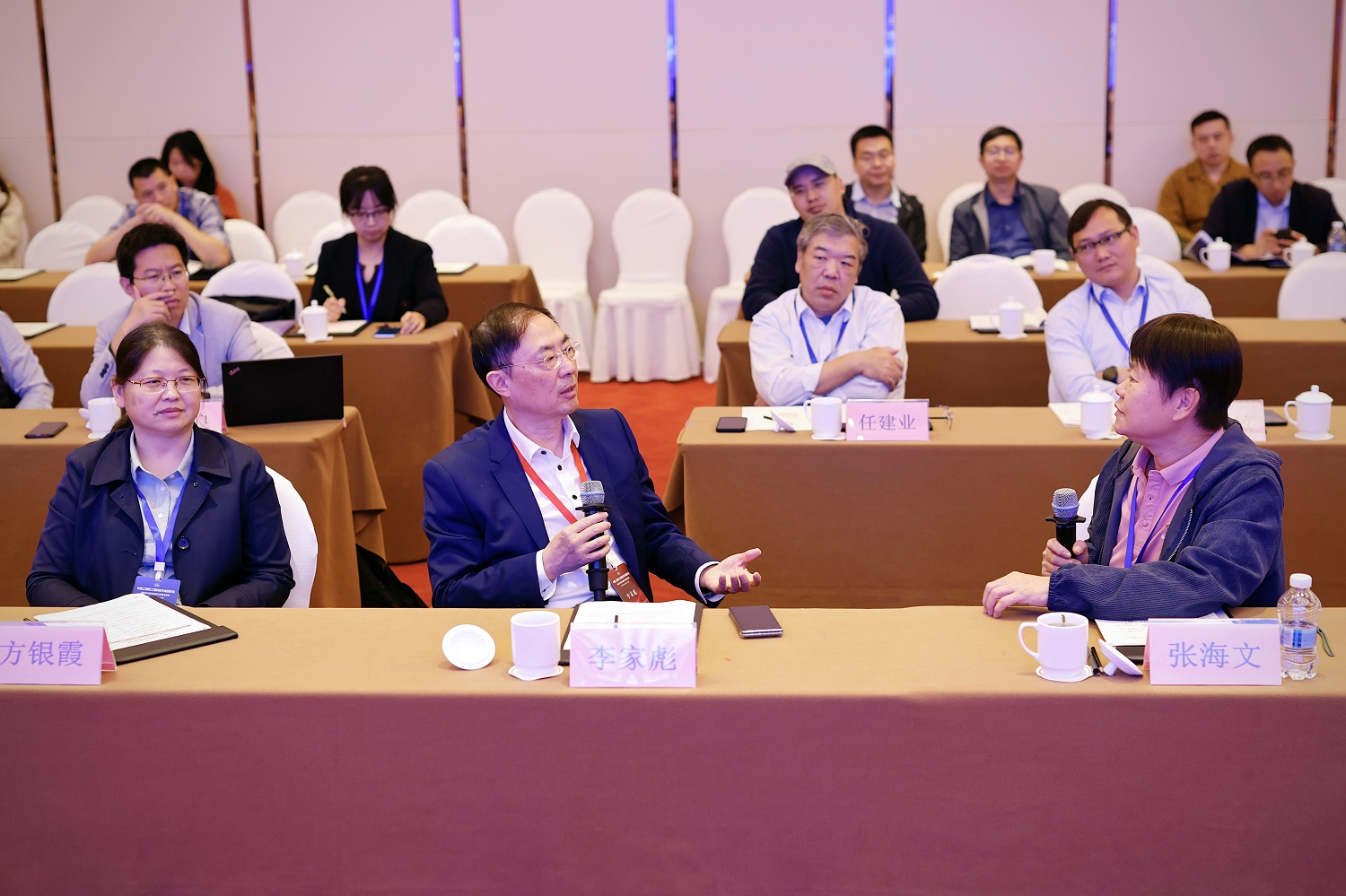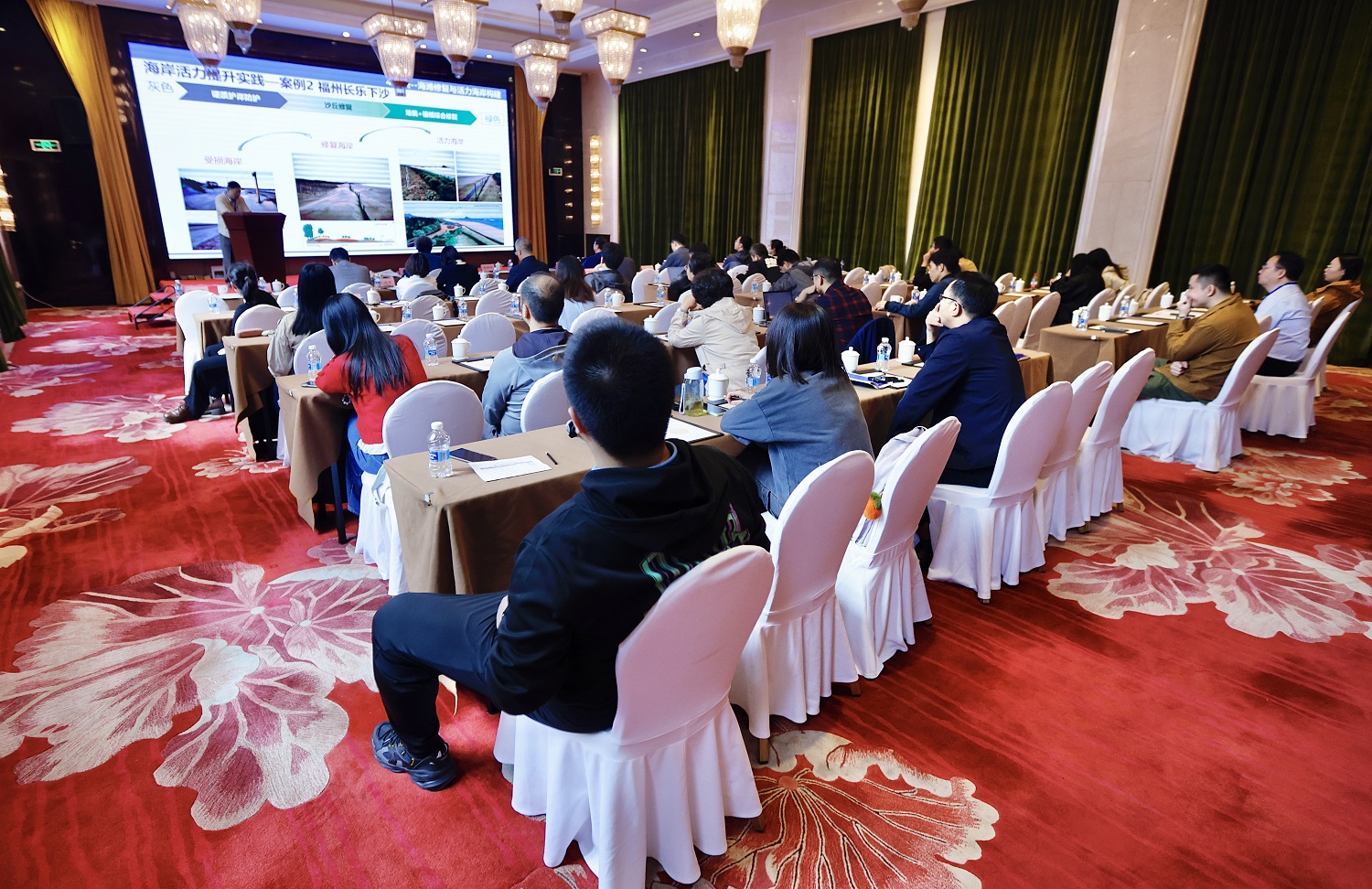News




The keynote presentation session was hosted by Academician Li Jiabiao of the SIO. Academician He Kebin presented a report titled “Simulation and Control of Carbon and Pollution Reduction System for Shipping”, providing systematic considerations to decarbonization, emission reduction and pollution reduction in shipping. Academician Zhang Cai pointed out the need to take ecological protection as the starting point to advance island and reef construction projects and promote tropical marine ecological protection and the engineering utilization of biological resources. Academician Lin Zhongqin focused on the research and development of key technologies and equipment testing for marine engineering “bottlenecks”, and introduced relevant achievements of offshore floating islands, bringing new platforms and opportunities for future marine research in multiple fields. Academician Chen Dake introduced the frontiers and future development trends of polar research at home and abroad, emphasizing that China should continue to enhance its ability to efficiently reach and stay in polar regions and strengthen its core competitiveness in polar science and technology. Academician Jian Zhimin presented a report on applied basic research and key technologies related to “deep space, deep sea, deep earth”, while Academician Wang Jian presented his vision for the integration of artificial intelligence and marine technology. Nearly 700,000 netizens watched this fascinating marine science event via the live streaming platform.
This symposium featured six themed sub-forums. The participating experts made reports and discussions on topics such as technological developments in continental shelf delimitation, deep-sea resource development technology, deep-sea transportation and operation equipment, marine biodiversity and habitat evolution, polar exploration and conservation utilization, and seabed science and dynamic processes. For each topic, academicians in the relevant field served as scientific advisers and made summaries. Topics such as the global situation and challenges of continental shelf delimitation, key technologies for amphibious robots, and unmanned polar submersibles were covered. Experts and scholars from multiple universities and research institutions across the country contributed exciting reports on the frontier developments of marine science and technology, and engaged in lively exchanges and collisions of ideas.



